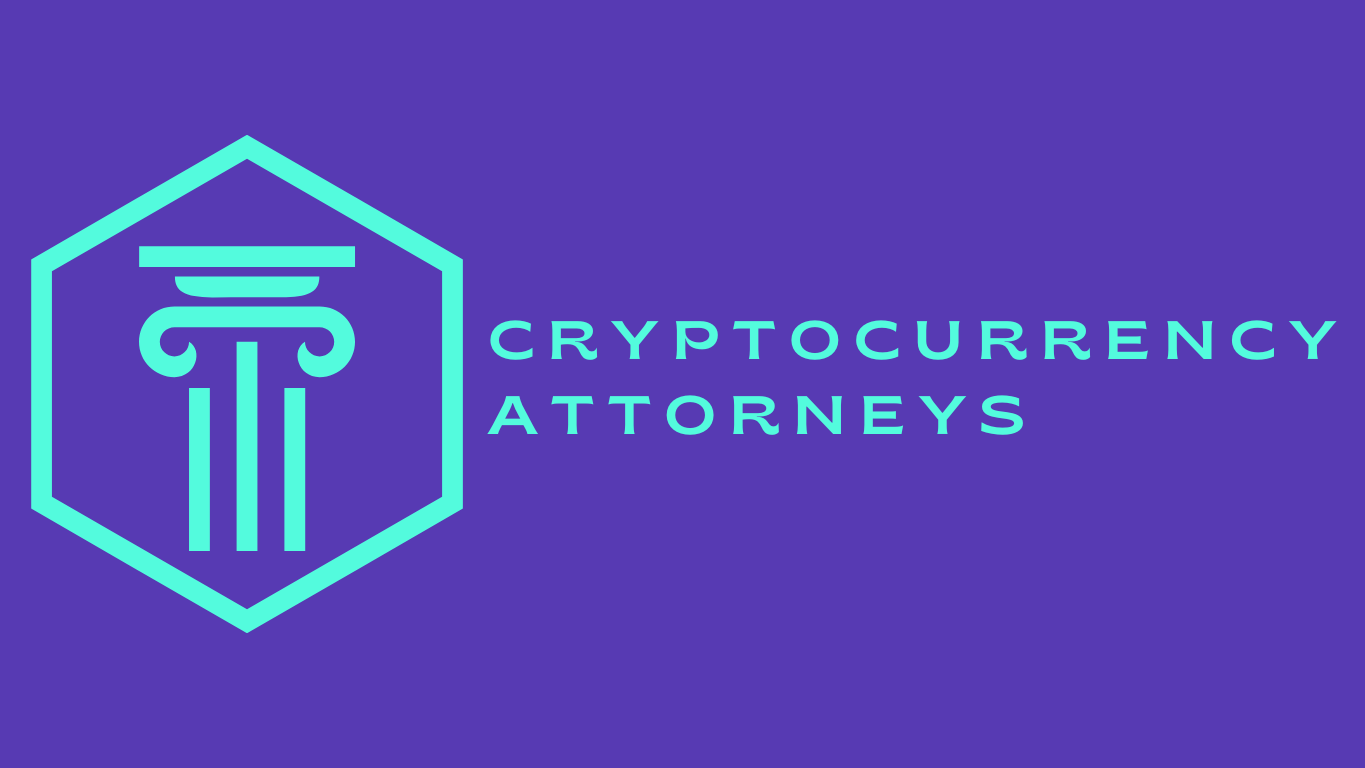On August 18, 2025, new Illinois crypto laws went into effect—marking the first consumer-protection measures of their kind in the Midwest. These laws are designed to curb crypto-related fraud and establish clear rules for digital-asset businesses in the Prairie State.
Whether you live in Illinois or do business with Illinois residents, this guide breaks down what changed, who’s covered, and what steps you need to take to stay compliant.
Key points at a glance
Big change: Illinois rolled out two brand-new consumer protection laws (SB1797 and SB2319).
No time to waste: 4,319 Illinoisans reported crypto-related losses, totalling $272M in 2024; nationwide crypto-enabled fraud topped $9.3B.
Kiosk safeguards: Refunds for new customers who are scammed, 18% fee caps, and $2,500 daily limits for new customers.
Who regulates: The Illinois Department of Financial and Professional Regulation (IDFPR) now supervises covered digital-asset activity and expects risk management for cyber, fraud, and AML.
Timing: Some protections apply immediately; registration for digital-asset businesses is due by July 1, 2027.
SB1797 (Digital Assets and Consumer Protection Act)
SB1797 gives IDFPR the authority to register, supervise, and enforce against covered digital-asset business activity in Illinois. It brings familiar guardrails from traditional finance into crypto: disclosures, customer-asset safeguards, customer-service standards, financial-resources requirements, and risk programs that address cybersecurity, fraud, and money laundering.
Just as important, the law carves out non-custodial and builder activity so innovation isn’t swept in unnecessarily. The statute specifies that peer-to-peer exchanges/transfers, decentralized exchanges that only facilitate P2P through code, and software development/distribution by itself are not “digital-asset business activity.”
SB2319 (Digital Asset Kiosk Act)
If you use or operate Bitcoin/crypto ATMs (kiosks) in Illinois, SB2319 creates consumer-first rules:
Registration with IDFPR and reporting of all kiosk locations
Prominent disclosures and live customer-service expectations
Refunds for new customers who are victims of scams at kiosks (with a process and deadlines—a new customer must submit a police or government-agency report within 60 days of the last transaction in the new-customer period)
New users can’t be charged more than an 18% fee, and their transactions are limited to $2,500 per day
These measures target common “on-ramp” fraud patterns (including romance/investment “pig-butchering” schemes) by limiting high-risk first-time transactions and creating a refund pathway when scams are reported promptly.
Land of Lincoln Speaks
State officials cited $272M in crypto-related losses for Illinois residents in 2024 and framed the new framework as commonsense protections that keep responsible firms operating with clear guardrails.
The FBI totalled $16.6B in cybercrime losses nationwide in 2024, including $9.3B tied to cryptocurrency—underscoring the scale of the problem these laws aim to address.
Who’s affected—and when
Consumers & first-time kiosk users: Refund rights for new customers and the fee/daily caps are in effect now. Save receipts and report suspected scams quickly to qualify.
Digital-asset businesses: Prepare for IDFPR registration and supervision; registration deadline: July 1, 2027. To keep customers safe, companies in the Land of Lincoln must block hacks, fraud, and money laundering—and keep written proof of the steps they’ve taken.
- Developers & pure P2P users: Non-custodial software development and P2P exchange/transfer activity, by themselves, are not treated as “digital-asset business activity.”
Smart Moves for Illinois Crypto Investors
Know your kiosk rights (new customers): fees capped at 18%, daily limit $2,500, and a refund pathway if you were scammed—file a police or agency report within 60 days to support your claim.
Vet providers: choose platforms that segregate customer assets, publish clear risk disclosures, and respond quickly to support requests—now regulatory expectations in Illinois.
Report fraud fast: submit complaint to the FBI’s IC3, and if a state-regulated entity is involved, notify IDFPR.
FAQs
Is this a ban on crypto in Illinois?
No. The laws permit responsible businesses to operate while adding consumer protections and supervision.
Does this cover DeFi or P2P use?
Illinois crypto laws make clear that peer-to-peer exchanges and software development on their own aren’t regulated as digital-asset businesses.
When do companies need to register?
Digital-asset businesses must register with IDFPR by July 1, 2027; several consumer protections take effect immediately.
What are other states doing?
The National Council of State Legislatures is tracking 2025 cryptocurrency and digital asset legislative activity.
Explore why the rule of law matters for investors—and how it protects you from scams and fraud.
